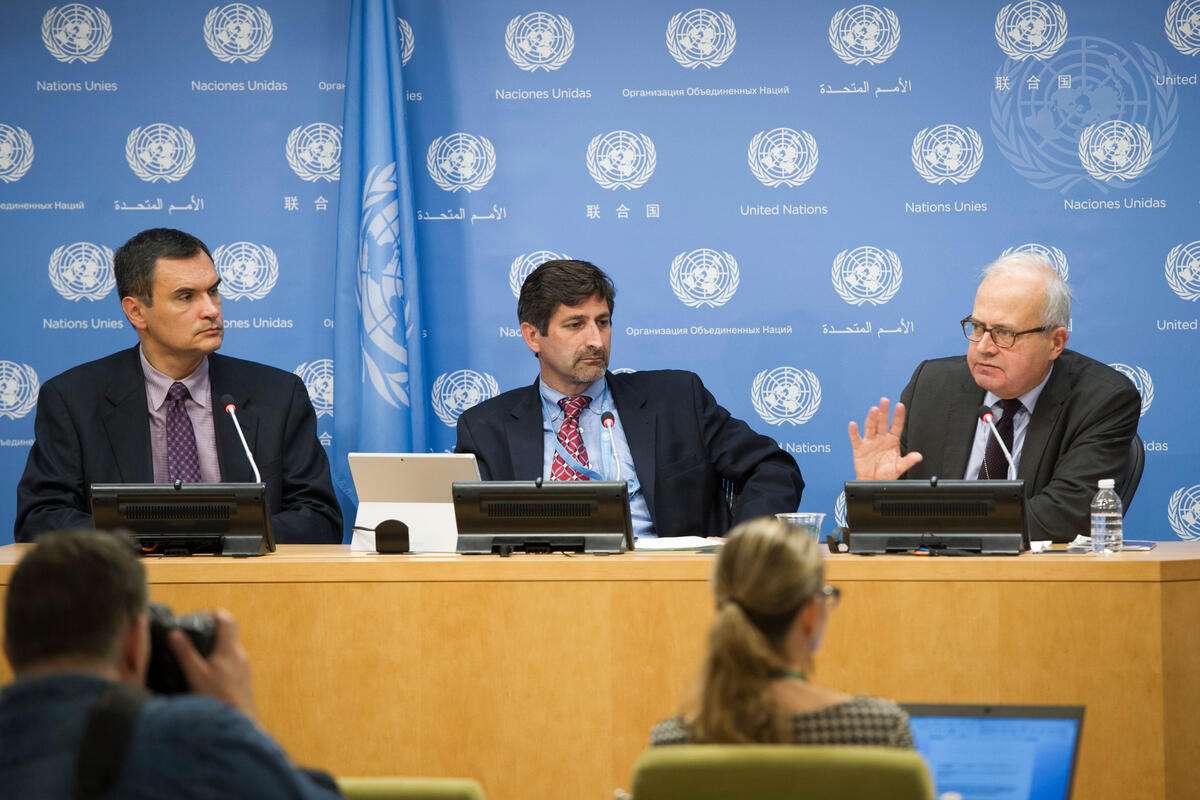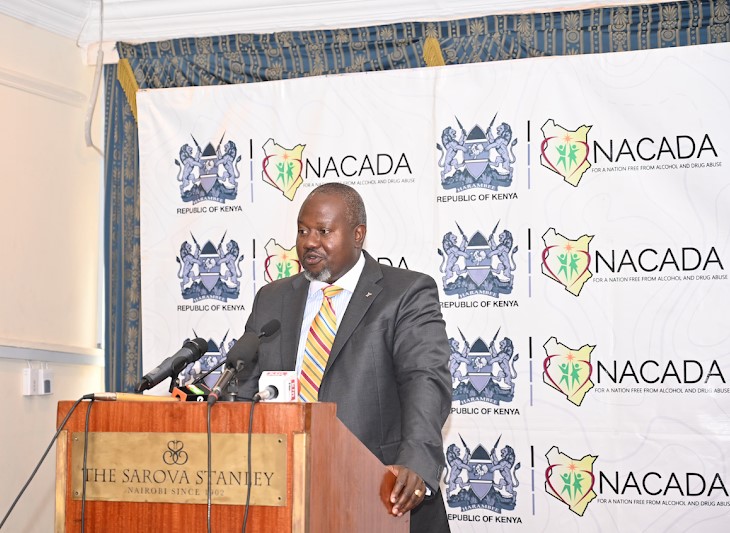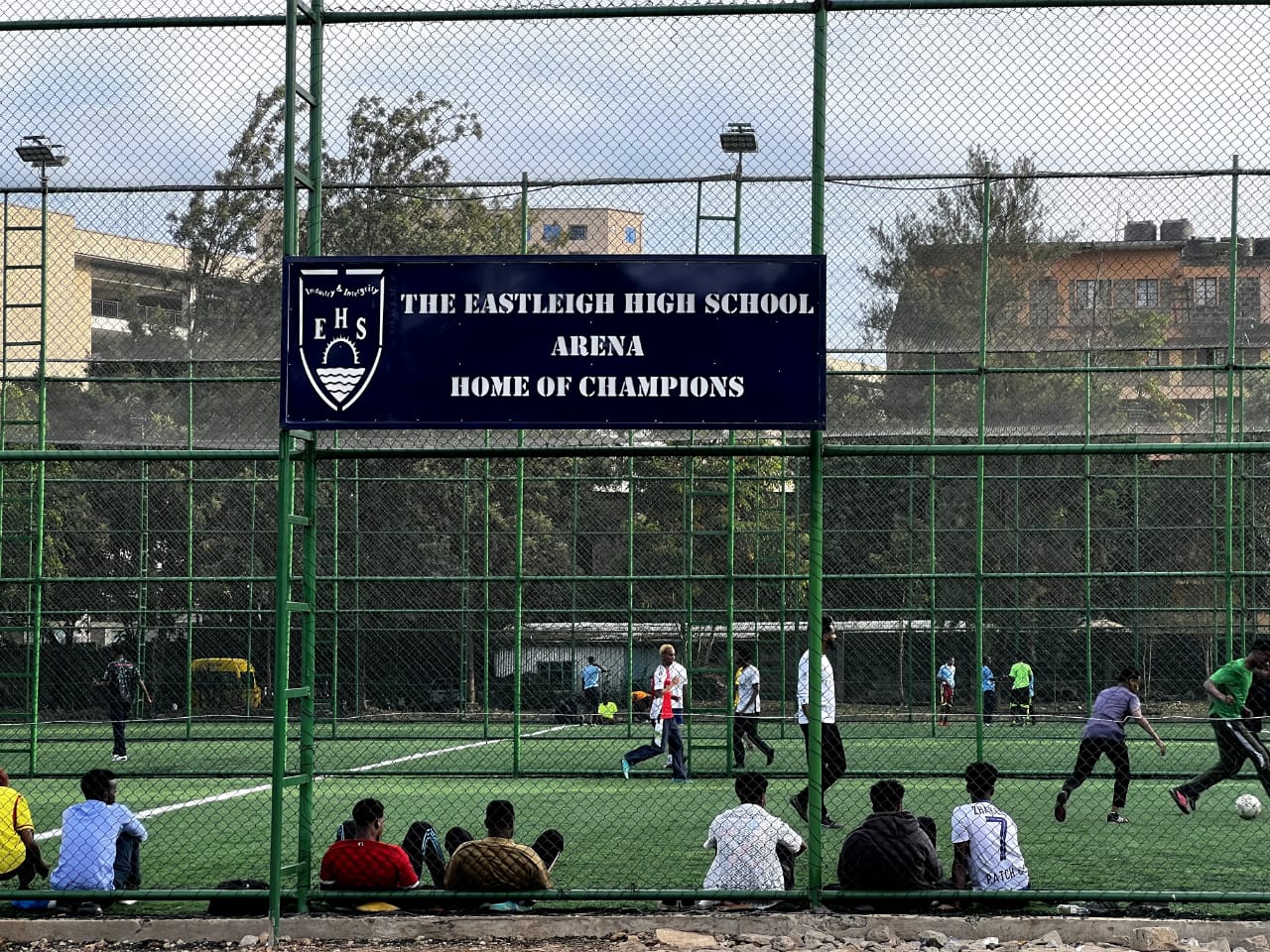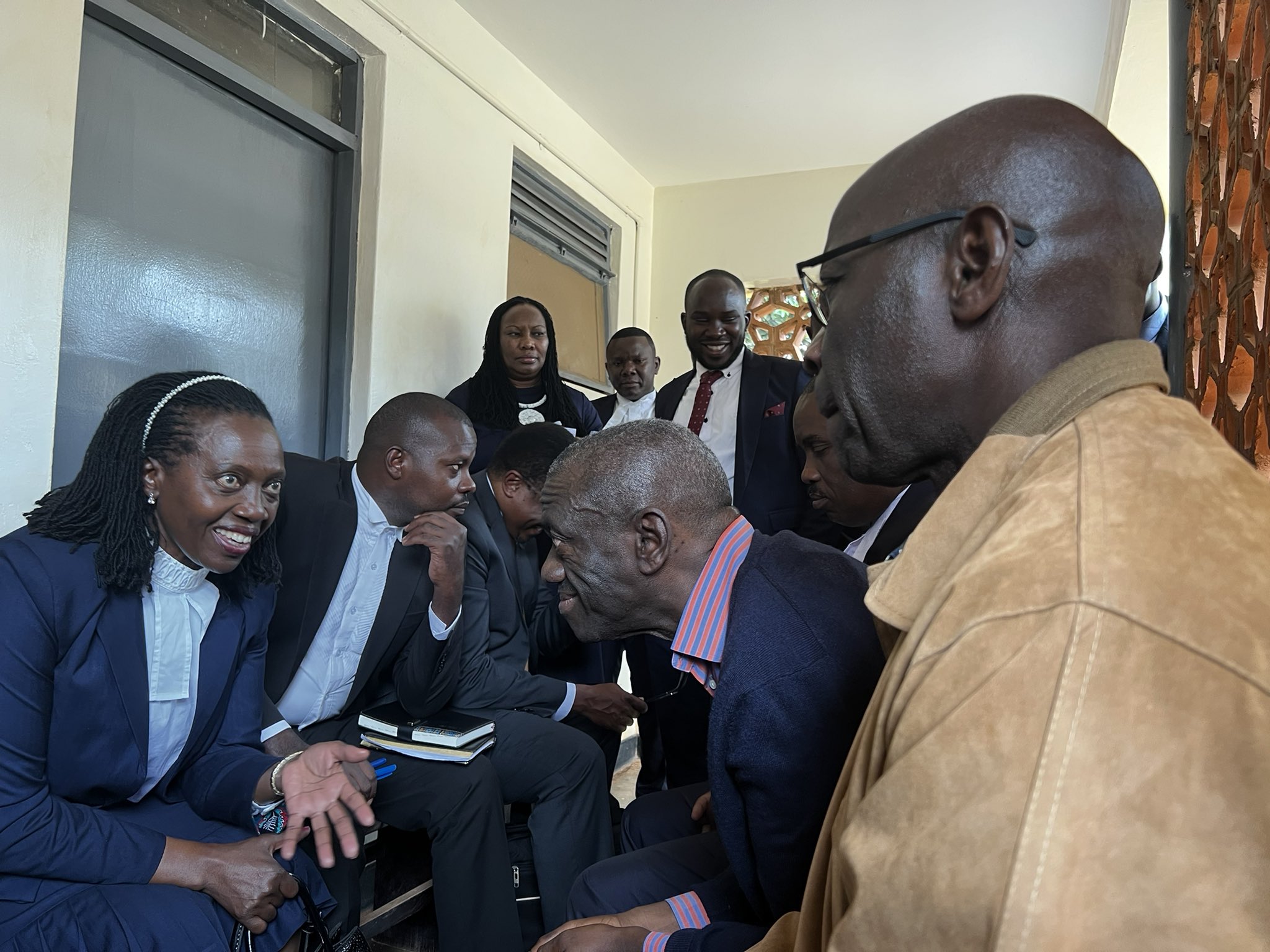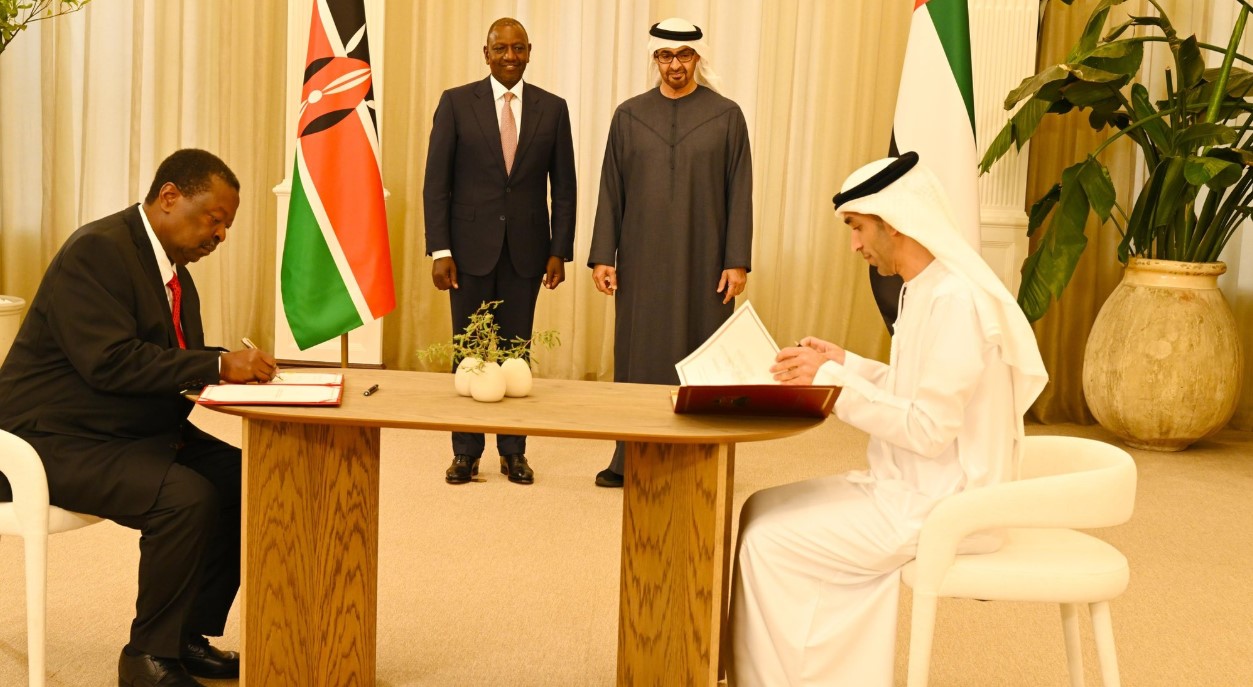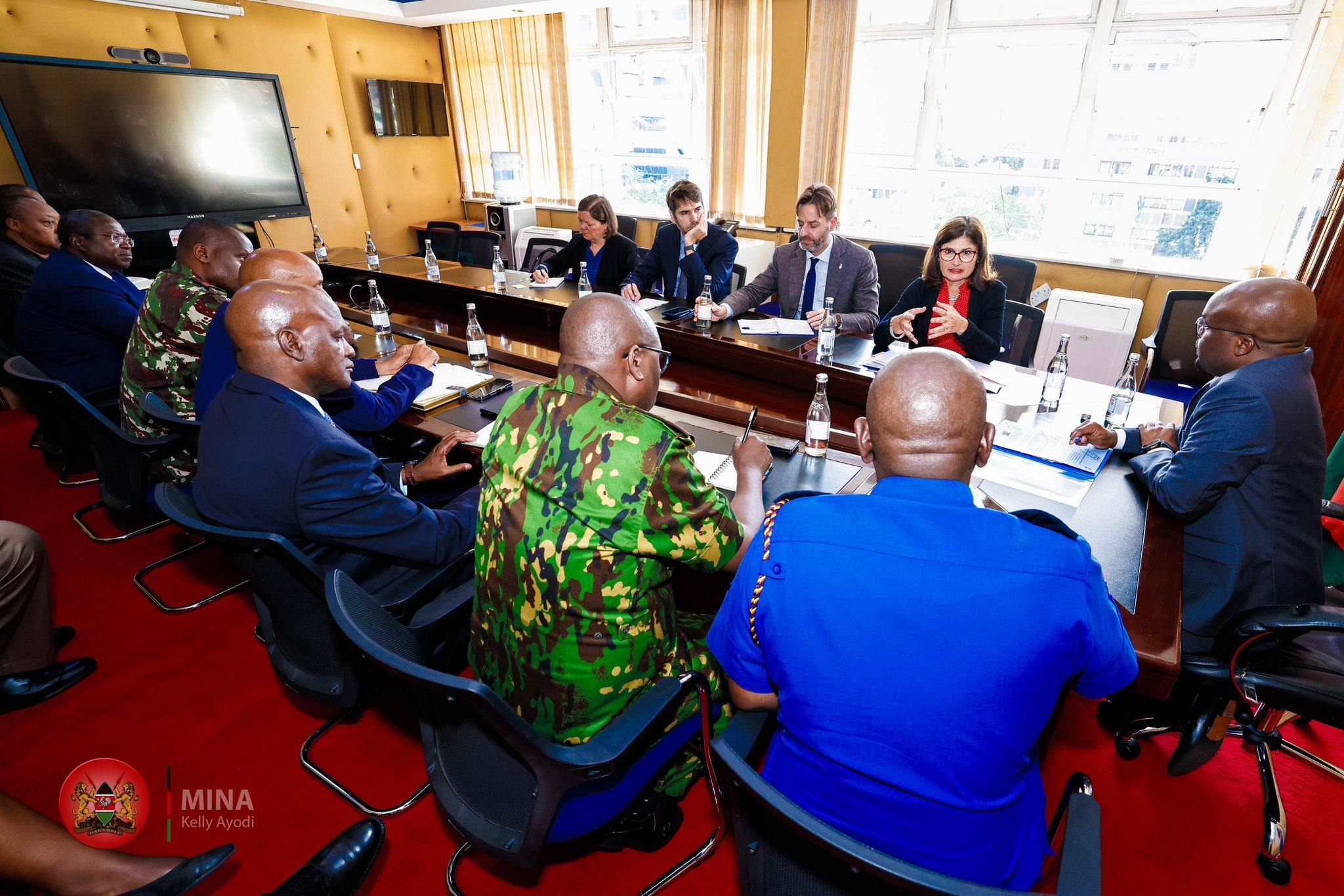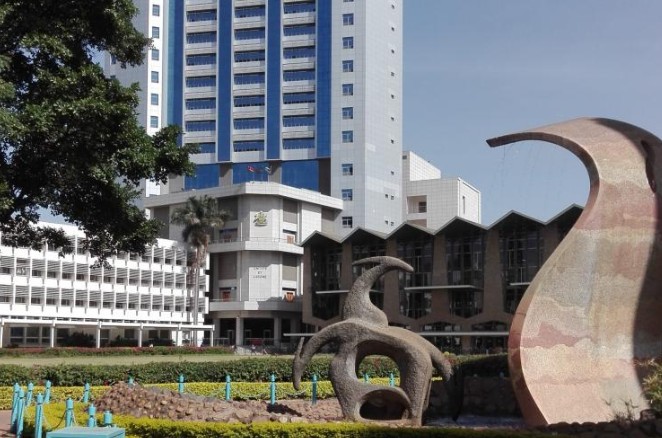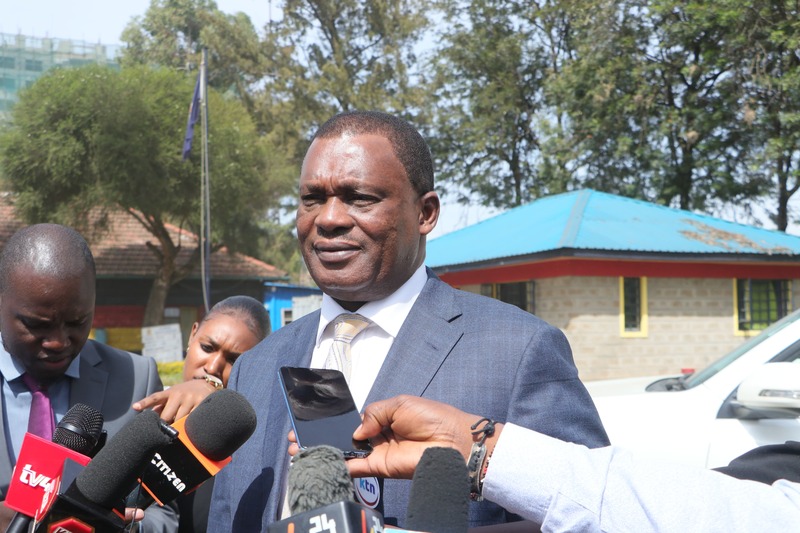Is fuel tax hike a desperate move by state to avoid steeper budget cuts?
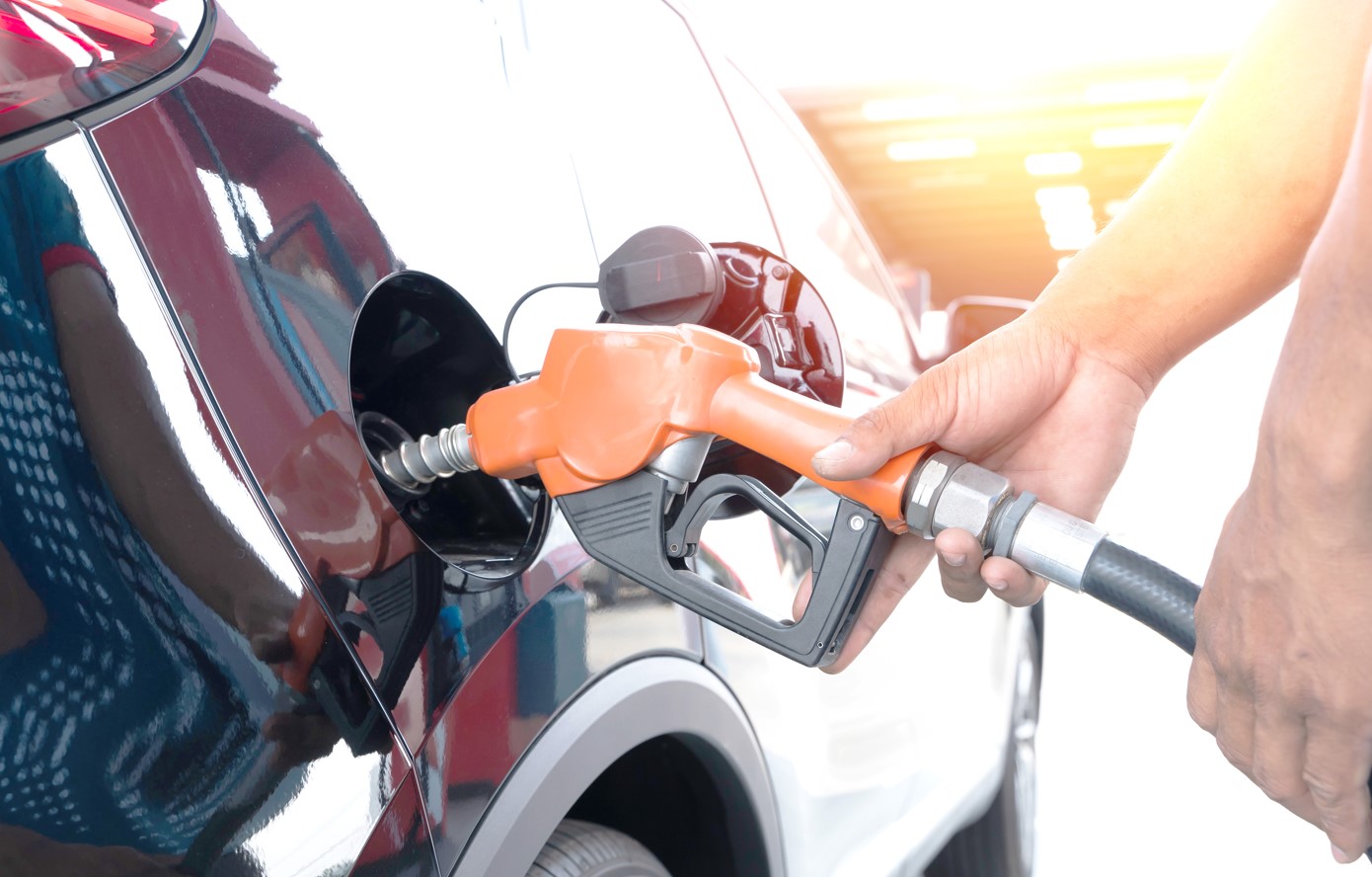
The levy is among nine taxes and levies charged on fuel and is meant to fund the operations of the energy regulator
Barely a year after doubling the value-added tax (VAT) on fuel from eight to 16 per cent, the government has yet again imposed an additional burden on consumers. This is in the hiking of the road maintenance levy by Sh7, from the previous Sh18 to Sh25.
This means for every litre of petrol purchased, Sh82.73 now goes to taxes and levies from the previous about Sh79.31, a 4.3 per cent jump. Sh69.62 of taxes follows this for a litre of diesel, the most used fuel in the country.
More To Read
At the current pump prices, the taxes and levies account for almost half the price of a litre of the commodity.
Ideally, it depicts a further raid into consumers' pockets, following a series of increases in other fuel taxes payable to the Energy and Petroleum Regulatory Authority (Epra) in the recent past.
The move to hike the road maintenance levy took effect beginning July 15, after the regulator’s monthly fuel price review announcement.
This was despite the public uproar on the proposal, with a majority, through public participation submissions, saying the move could drive up the cost of fuel hence pushing up the cost of living in general.
The levy is among the nine taxes and levies that are charged on fuel and has been increased to fund the operations of the energy regulator.
The others are excise duty, Petroleum Regulatory Levy, Petroleum Development Levy, Railway Development Levy, Anti-Adulteration Levy, Merchant Shipping Levy, Import Declaration Fee, and VAT.
Taxes and levies as a component of the price of a litre of fuel have significantly grown on the back of the increase in the landed cost of petroleum products and the doubling VAT.
Notably, the state in February tripled the Petroleum Regulatory Levy to Sh0.75 per litre, up from Sh0.25.
Nevertheless, in July last year, the state moved to double VAT on fuel, increasing it from eight per cent to 16 per cent which took effect from July 1, 2023, a move that sparked public outcry which fell on deaf ears.
According to the government, the reason behind the fuel tax hikes is to raise additional revenues to cater for development in the roads docket.
Recently, former Roads and Transport CS Kipchumba Murkomen reiterated that the raising of road maintenance levy would help raise additional funds to address the road maintenance fund shortage whose deficit stands at about Sh78 billion.
This was with the promise that the state would be keen not to pass down the cost to consumers by ensuring fuel prices do not rise.
However, the higher composition of taxes and levies has been doing good for the taxman at the expense of consumers, an unbalanced scenario that has left economists in the country with questions.
The 2023/24 full-year revenue figures by the Kenya Revenue Authority (KRA) show collection from oil taxes grew by 10.3 per cent to Sh300.77 billion.
On average, Kenyans consume about 179 million litres of petrol in a month. Factoring in the new Sh7 tax increase, it means the state could be looking at collecting Sh1.3 billion from the kitty in additional taxes every month.
The question that arises, however, is, at whose cost?
Speaking to The Eastleigh Voice, market and data analyst Mihr Thakar said the action by the state could be a desperate move to raise additional revenue to avoid steeper budget cuts after the withdrawal of the Finance Bill 2024.
“With education, counties allocation, roads, interest on debt and healthcare taking a lion’s share of the budget, these critical areas of public spending are almost untouchable, especially if the allegations of padded corruption at the ministry level remain hanging,” Thakar said.
Regarding the Transport ministry’s and President William Ruto's recent sentiments that the increased levy will not affect the fuel prices, Thakar termed the promise as close to a mere expectation.
“This is an expectation that oil prices will stay relatively stable so as to keep pump prices below the all-time high in the medium term.”
On his part, the Institute of Economic Affairs (IEA) CEO Kwame Owino noted that the government’s pledge that the hike will not affect the overall pump price could arguably be true as the Sh7 margin could not increase fuel prices both in the long run and short term.
“The state is simply using savings in the reduction of global prices to cover for the increase in price as a result of the levy hike,” Owino said.
However, the question that still prevails is whether the state could be looking for avenues for additional revenue instead of proportionately cutting down the budget to align with revenue collections.
The National Treasury recently presented the supplementary expenditure estimates to the National Assembly for consideration with a proposed budget cut amounting to Sh156.39 billion.
"This is to align the 2024/25 spending plan with the downgraded revenue forecast on the back of the Finance Bill withdrawal," the National Treasury said in a notice.
President Ruto, a week after withdrawing the Finance Bill 2024, indicated that the way to cater for the void was to slash spending by Sh177 billion while borrowing an extra Sh169.7 billion.
The slashes in the supplementary budget amount to Sh156.39 billion, Sh34.05 billion on recurrent spending, and Sh122.35 billion on development spending, leaving a gap of Sh21 billion cut to match the president’s directive.
Notably, the budget allocated to the offices of First Lady Rachel Ruto and that of Dorcas Rigathi, the deputy president's spouse amounting to Sh1.3 billion was shelved.
However, the National Assembly’s Budget and Appropriations Committee has now poked holes into the plans to fold up the offices even after the directive came from the head of state. This is on the basis that terminating the contracts of workers in those offices could lead to legal challenges and additional costs.
All development spending initially allocated to the Office of the President, the Office of the Deputy President, and the State House was also shelved.
The total budget for the aforementioned offices is therefore earmarked for a Sh9.35 billion slash to Sh11.31 billion, translating to a 45.6 per cent cut.
The education budget, including that of TSC, is earmarked for a Sh36.03 billion slash to Sh623.12 billion, a 5.47 per cent cut. The health budget was also slashed by Sh12.79 billion to Sh118.24 billion, representing a 9.76 per cent cut.
The agriculture budget is earmarked for a Sh7.71 billion reduction to Sh64.84 billion. MSMEs, Trade, Investment, and Cooperatives budget is earmarked for a Sh3.21 billion budget cut, a 9.96 per cent reduction.
The Energy, Petroleum, and Mining budget is set for a Sh19.69 billion cut (19.19 per cent slash) to Sh82.93 billion. Labour and Social Protection is earmarked for a Sh770.56 million cut (1.87 per cent slash) to Sh40.37 billion.
Defence and internal security are earmarked for a Sh8.69 billion cut (4.16 per cent slash) to Sh200.28 billion. Roads, Transport, Shipping, and Maritime will get a Sh18.43 billion reduction (7.24 per cent budget cut) to Sh236.16 billion.
Trending
